Democratic Bill Aiming to Redistribute Taxpayer Money to Undocumented Immigrants in Minnesota Sparks Debate
House Democrats in Minnesota have put forward a bill with the goal of establishing a basic income program that would include undocumented residents in the state.
People who would qualify for this program would receive a monthly check of $500 or more. Advocates are cheering this bill as a way to help struggling families while opponents are skeptical of a no-strings-attached payment to non-citizens.
House File 2666
Democrats in the Minnesota House introduced House File 2666 which has just cleared a voice vote in the House Children of Families Finance and Policy Committee.
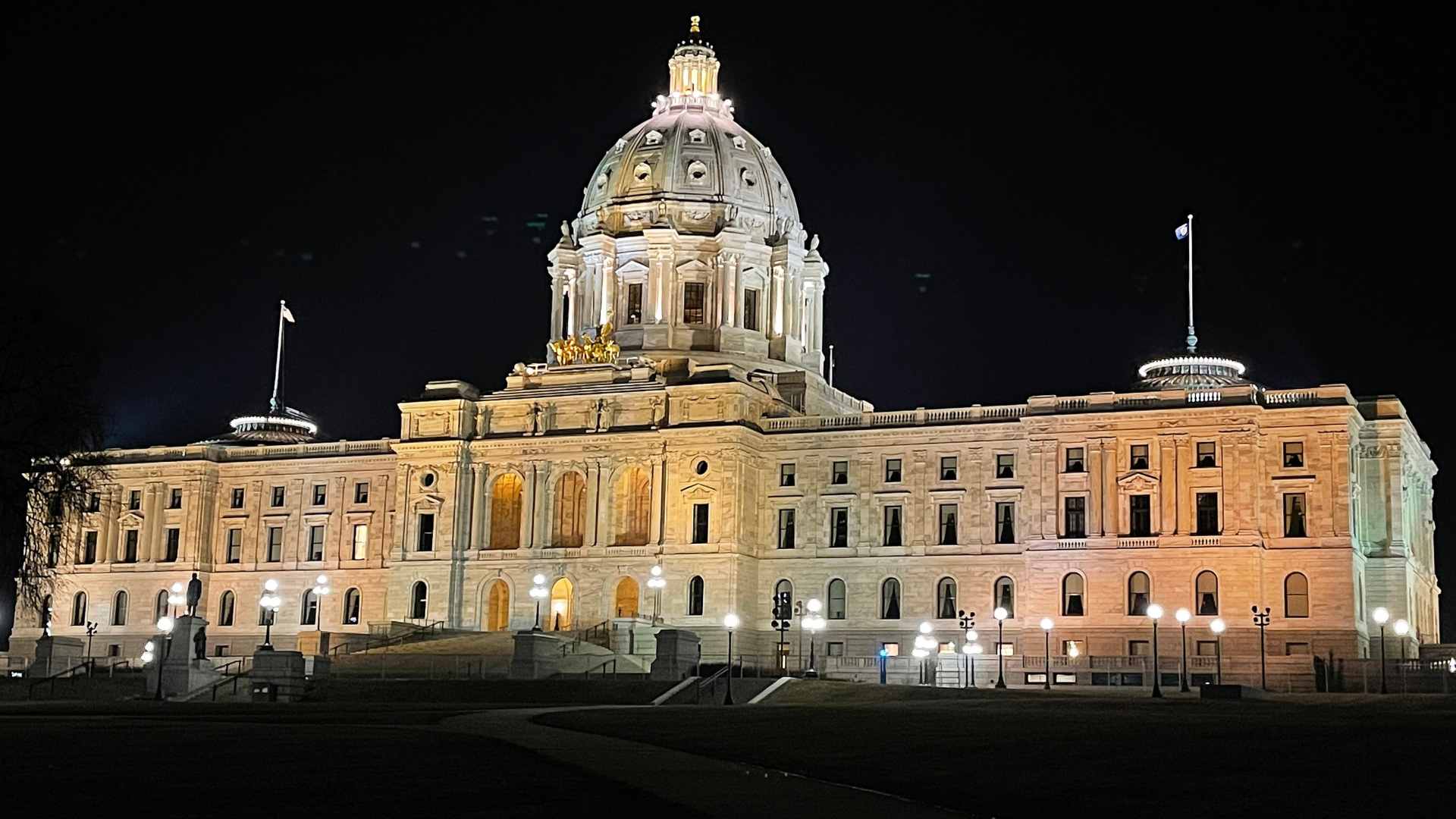
Source: Northfielder/Wikimedia
If passed into law, critics say this bill could effectively redistribute taxpayer money to undocumented immigrants who would qualify. These immigrants would receive $500 or more in monthly payments for 18 to 24 months.
Program Eligibility
Not everyone would qualify for relief under this bill. People who wish to qualify must be at or below the federal poverty level by 300 percent from either household income or other public benefits.
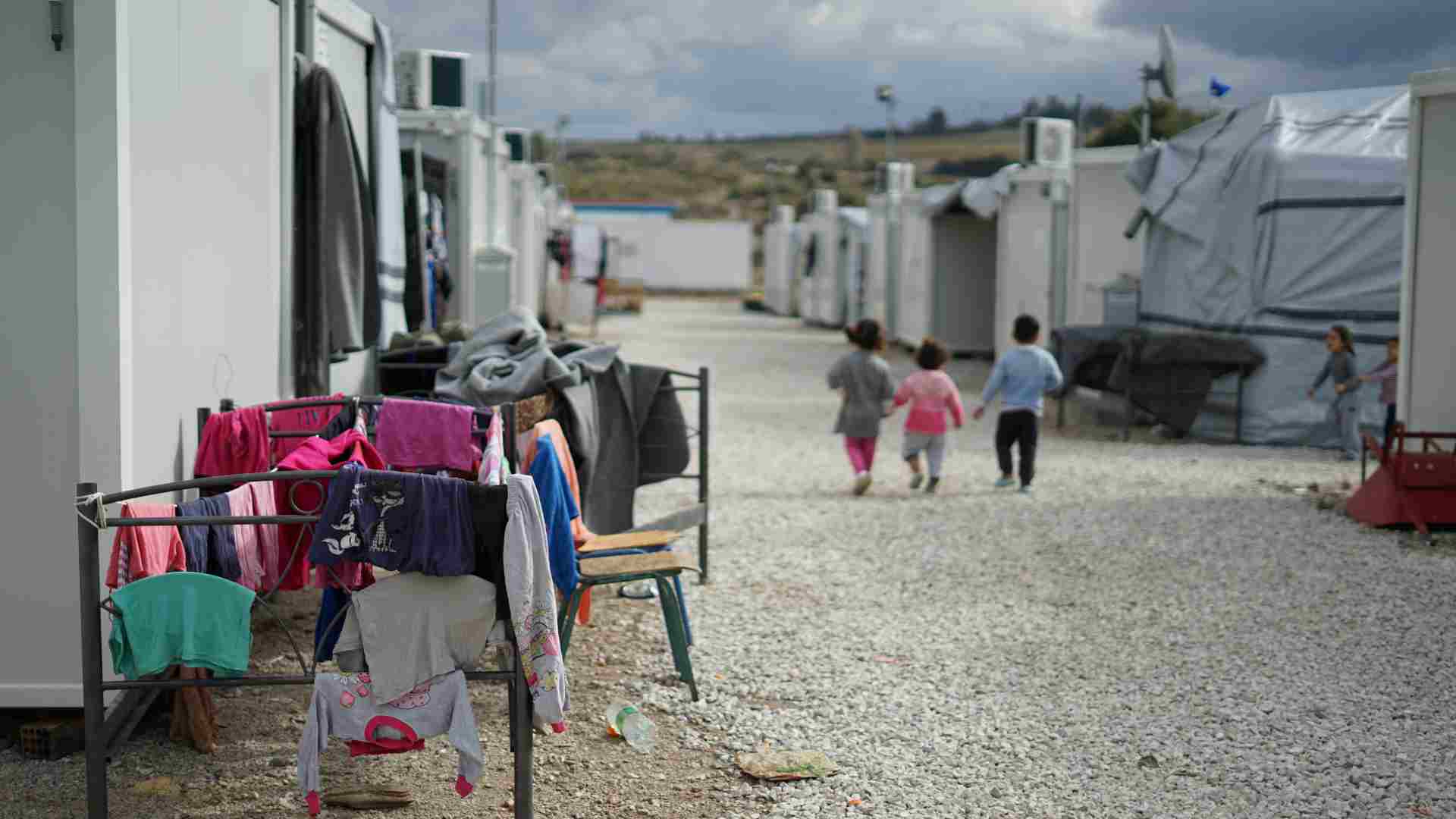
Julie Ricard/Unsplash
A similar piece of legislation in the state Senate called Senate File 2559 is also proposing cash payments. If these two bills both pass, undocumented immigrants in the state of Minnesota could be receiving monthly payments between $350 and $1,200.
Proving Eligibility
One of the contentious parts of the bill is that recipients may not even have to definitively prove that they have these financial needs. This led to pushback from bill opponents that such a policy could create incentives for defrauding Minnesota taxpayers. During a hearing, Representative Walker Hudson voiced this concern.

Source: Scott Graham/Unsplash
“This program very explicitly would provide support to illegal immigrants or persons claiming to be someone other than they actually are,” Hudson said. “We’re not even going to question that, there’s not going to be any documentation whatsoever.”
Hollin’s Comments
Democratic State Representative Athena Hollins is the sponsor of this bill. She believes that people without documentation should be included in these benefits in the name of fighting against poverty.
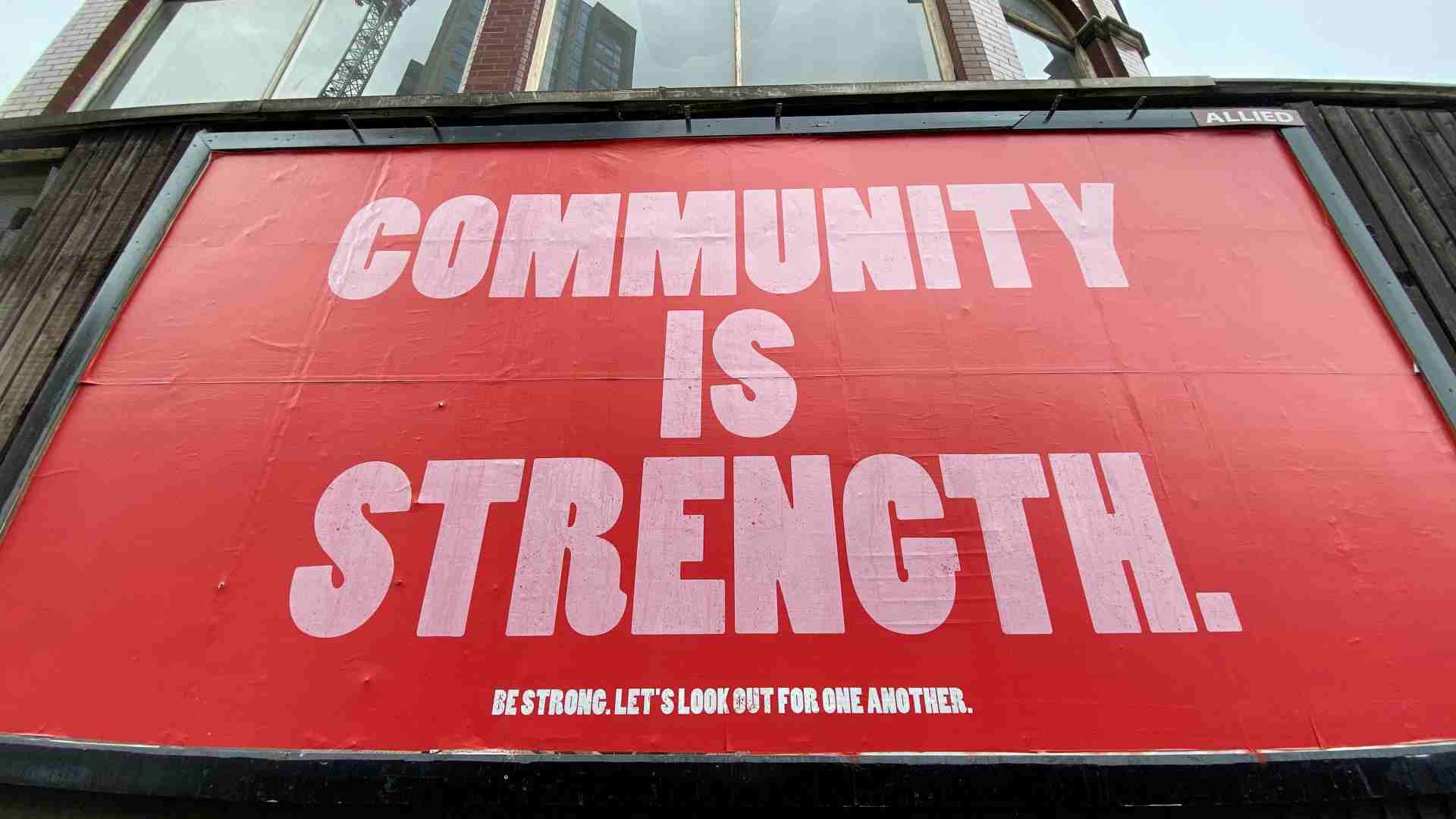
John Cameron/Unsplash
“There are communities that are relying on these people to provide services within those communities,” she said. “For us to turn a blind eye to that and say it doesn’t apply is just not realistic, especially when we’re trying to curb things like crime, poverty, people relying on less-than-ideal ways of obtaining money. We want to make sure we’re including everybody in that count so we’re being as holistic as possible.”
Previous Program
Minnesota is currently testing a guaranteed basic income project on a smaller scale. In St. Paul, a pilot program is being run that gives some residents in the city $500 per month to test the effects of it. The program is set to expire in June. Hollins argued it should be extended to undocumented people as well.

Source: Alexander Grey/Unsplash
“I do think that it’s important that we extend this…to individuals who may not have documentation,” Hollins said.
Families Grateful
One of the participants of the past guaranteed income program that started in 2022 is Mercedes Yarbrough. She was one of the 300 low-income family recipients of the $500 payments that have gone on for two years.
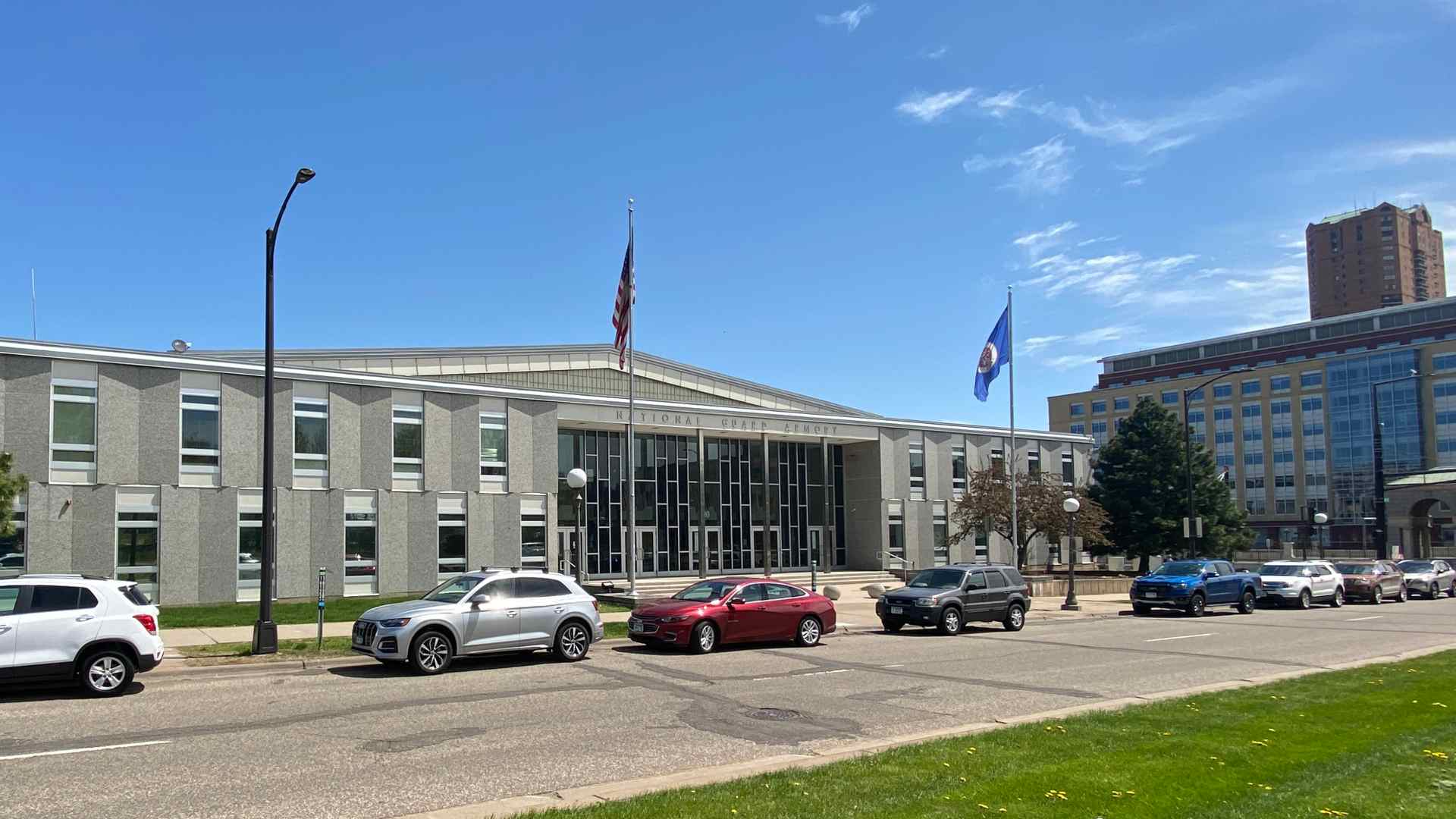
Source: Myotus/Wikimedia
“I am immensely grateful for the support it has provided to my family when we needed it the most,” Yarbrough said.
Carlie Kotyza-Witthun’s Comments
The introduction of this legislation has sparked fierce discussions between supporters and opponents. Supporters like representative Carlie Kotyza-Witthun commented on how this program is the right thing to do.
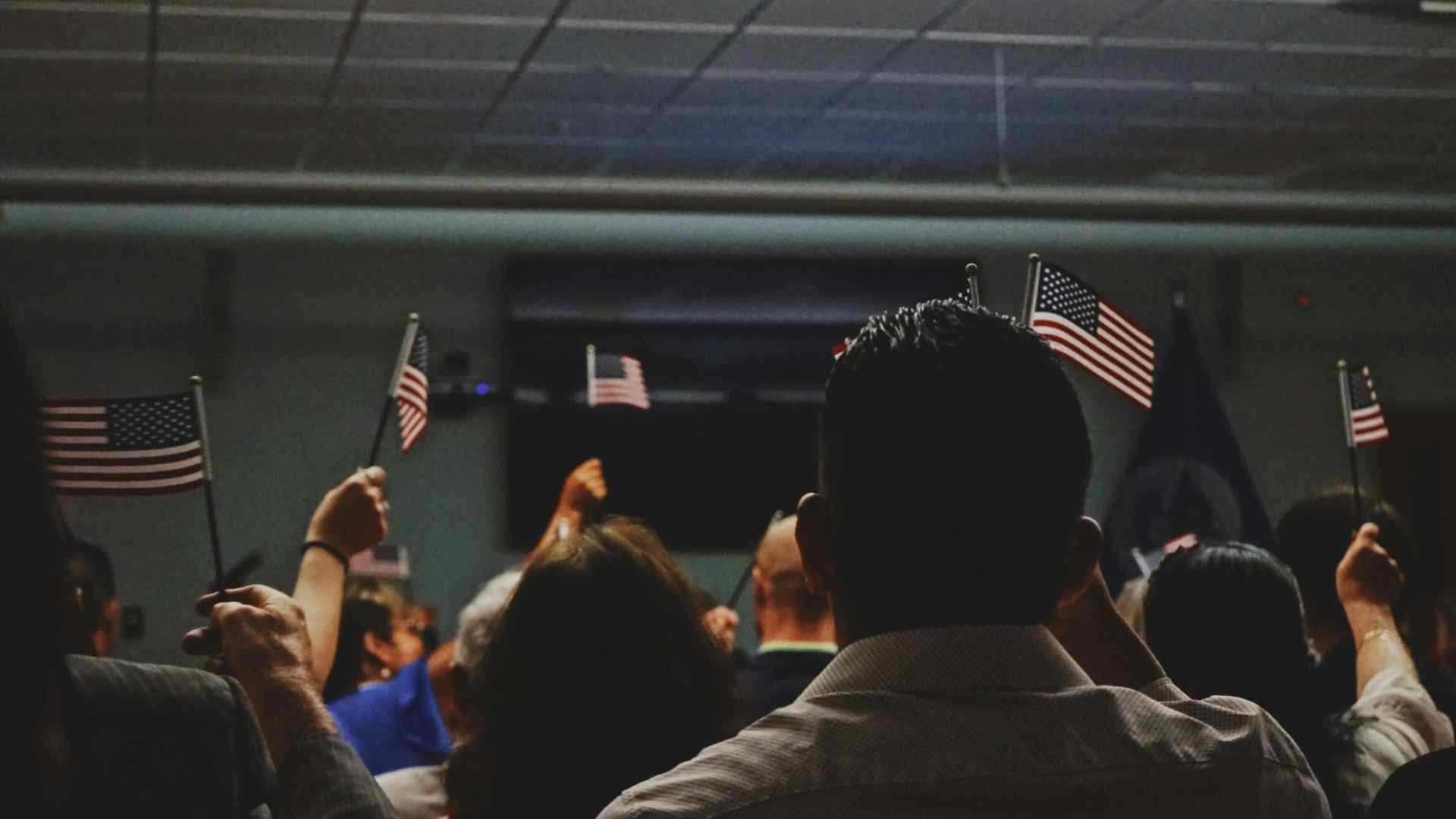
Source: K.E/Unsplash
“We earn $5.8 billion dollars off the backs of undocumented immigrants in the state of Minnesota. They are paying taxes, and we should be supporting them as a member of our community,” Kotyza-Witthun said.
Legislative Malfeasance
Opponents of the bill like Republican representative Hudson are skeptical of providing direct cash payments to undocumented individuals who will be unaccountable for what they do with it.
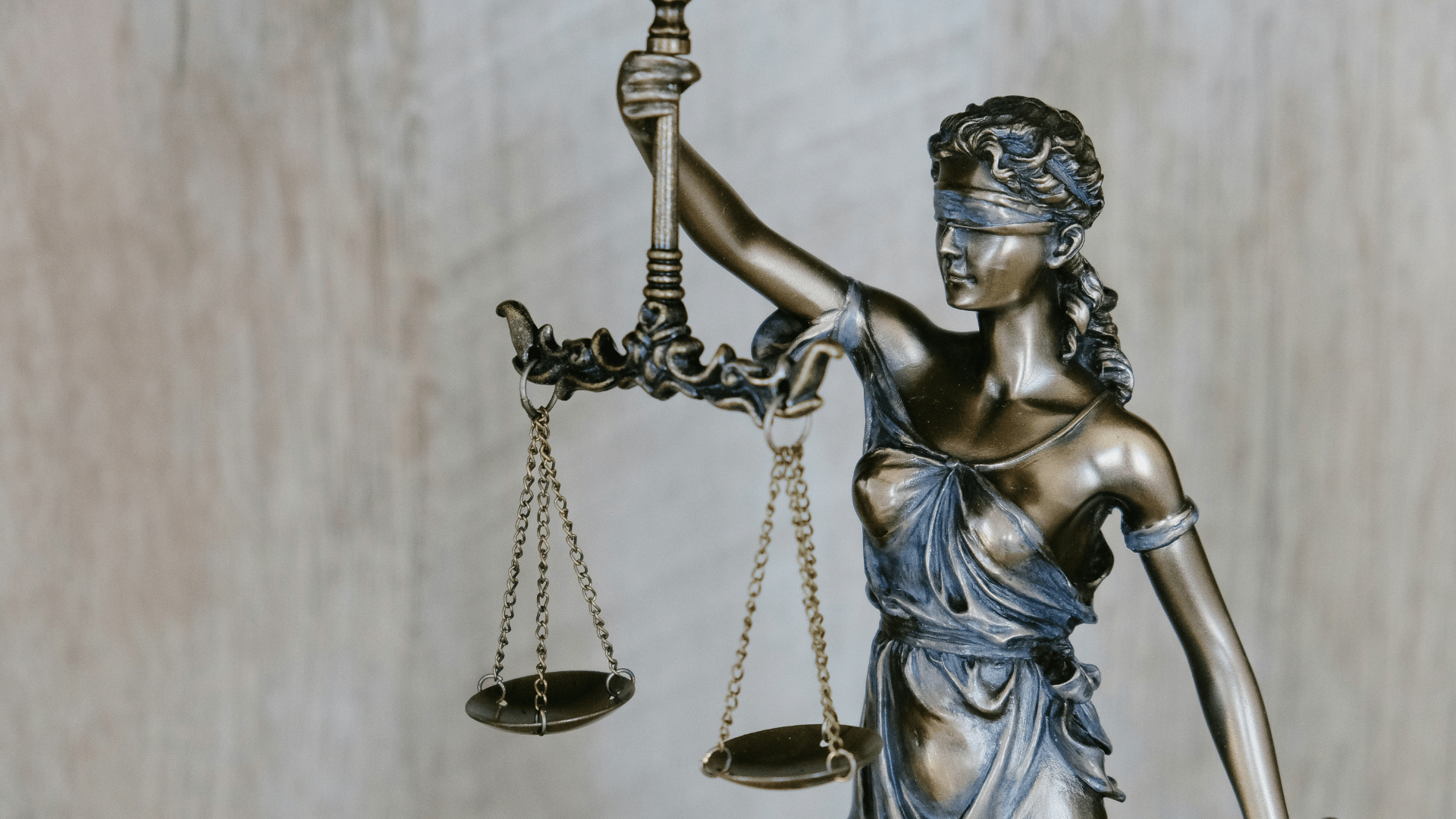
Tingey Injury Law Firm/Unsplash
“I do not share the view that direct cash payments with no-strings-attached is good public policy,” he said. “But if we are going to move forward with such a premise, administering it via unaccountable nonprofits and explicitly targeting funds to illegal immigrants is nothing short of legislative malfeasance.
Previous Fraud Worries
In comments to Newsweek, Hudson asserted that cases of fraud from grant schemes have cost taxpayers millions in the past.

Sora Shimazaki/Pexels
“We have seen hundreds of millions of dollars in fraud resulting from similar state agency grant schemes in recent years. This bill seems tailor-made to enable fraud and even preclude prosecution for fraudulent activity under color of law,” Hudson said.
Welfare for Undocumented Households
The Center for Immigration Studies published a report in December that estimated 59.4% of undocumented households have at least one source of taxpayer-funded benefits that supports them. 54% of undocumented households use one or more major welfare programs. This is higher than US-born households, of which 39% use one or more major welfare programs.
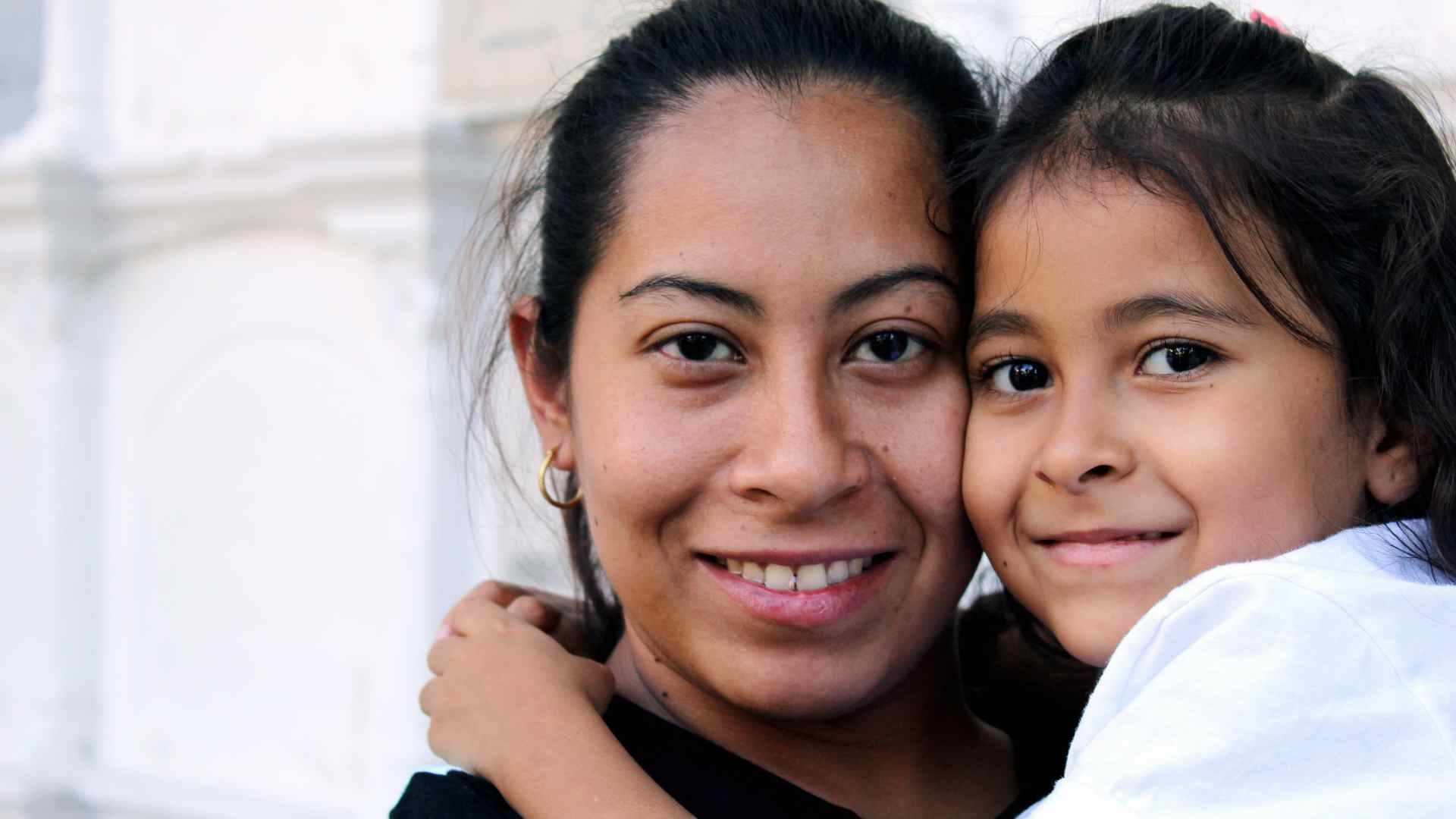
Source: Jhon David/Unsplash
Opponents argue that this data proves undocumented immigrants already receive more federal benefits, so why add additional ones?
Democratic Control
While there may be opponents, particularly among Republicans for this legislation, the opposition may have their hands tied. Minnesota Democrats control both chambers of the state legislature and the governor’s office as well.
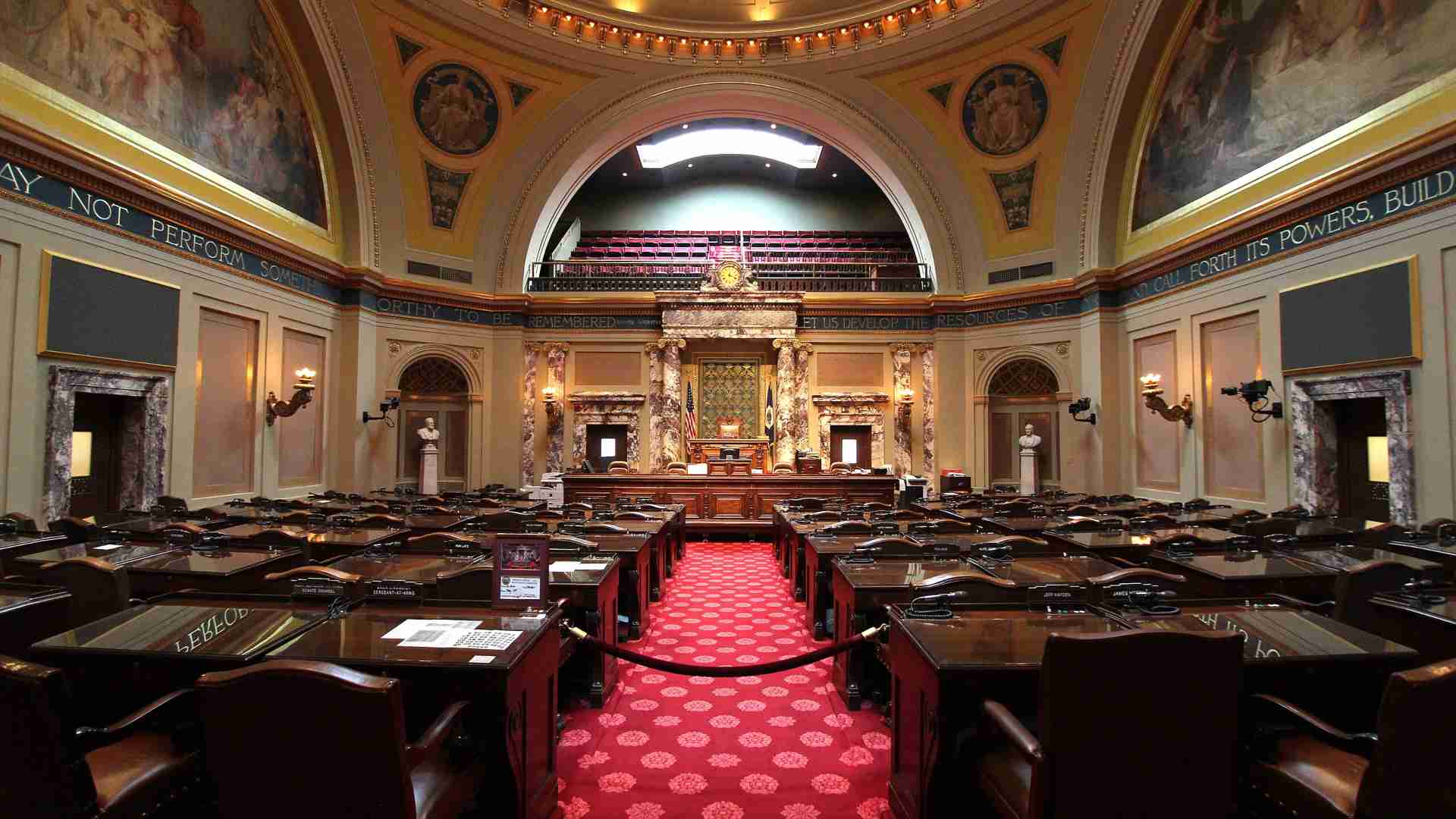
Source: Matt Lewis/Wikimedia
The debate for this legislation may rage on, but if the Democrats can come to a consensus the bill will almost assuredly pass.
